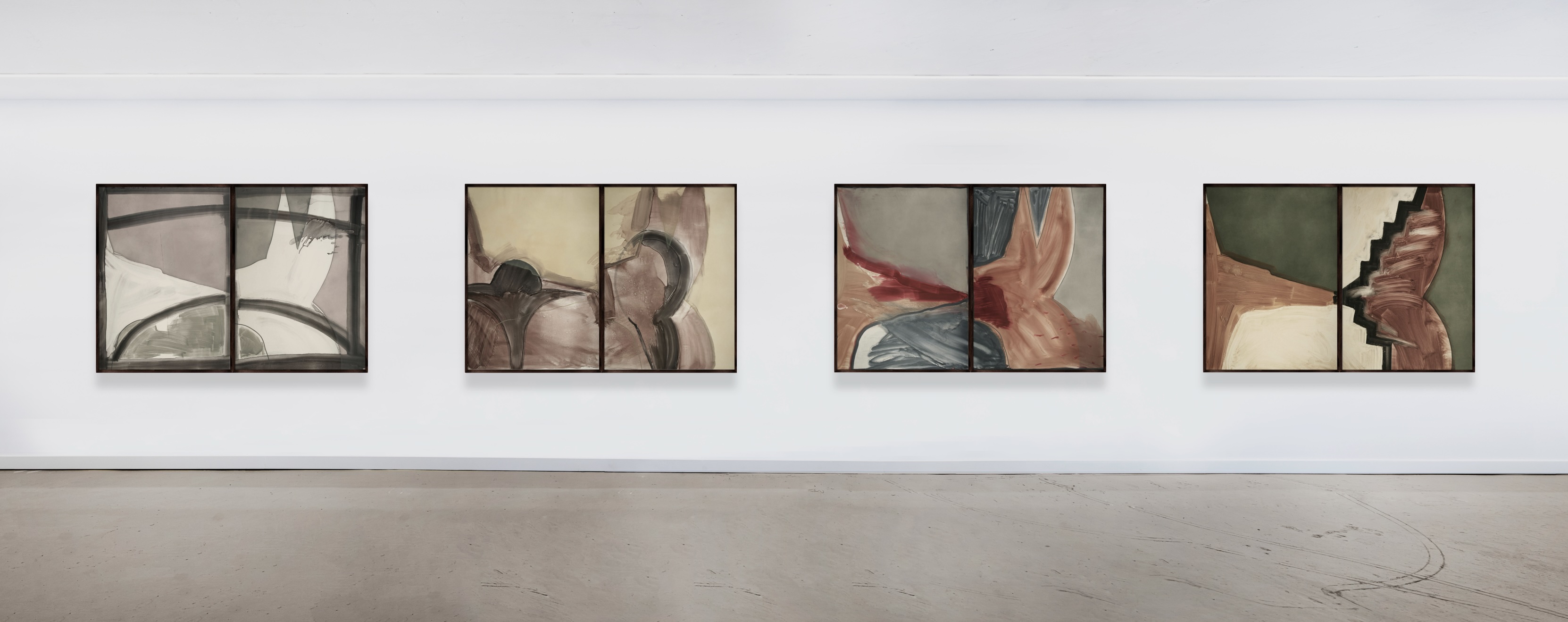THINK BACK
Juan Luis Moraza
The life of a work begins when the author deems it complete. The death of a work occurs when the spectator considers it fully understood.
Yet nothing is more foreign to the characteristic degradation of the vital than the inertia of the inorganic. There exists the supposed perpetuity of the non-biodegradable, immune to decomposition, detached from connections, untouchable, supernatural: it is the ideal of the immutable, the impassibility of things that are simply what they are. And there exists the eternity of the re-bio-de-generable, whose continuity is shaped by discontinuities, by affections, by exchanges of matter, energy, and information; by reconstructive decompositions and disruptive regenerations. It is the sensitive eternity of the vital, of things that never cease to not be, of that which becomes without repetition. For art (ars) is opposed to entropic inertia (inærs), just as contemporize is the inverse of merely existing in the time of contemporaneity.
To witness the present of a work, beyond its chronology, is proof of its vitality, its sensitivity to change its consistency, complexity, and richness—of its power to continue eliciting new understandings. Little is gained from merely acknowledging the judgment of the present moment, which barely confirms the ghostly persistence of a tense instant, vanishing into the next, a mere nothingness between anxiety and nostalgia, or oblivion, following the relentless indifference of obsolescence. For, according to a blurred logic, each instant is eternal to a certain degree—it is the entirety of time contained within each present. Thus, the intense instant of a living work is the condensation of the time in which it participates: that which inexorably precedes it and that which it inevitably helps to bring about.
Alison Wilding
_
Think Back_01_2025
28/02-02/05 2025

© Benveniste Contemporary